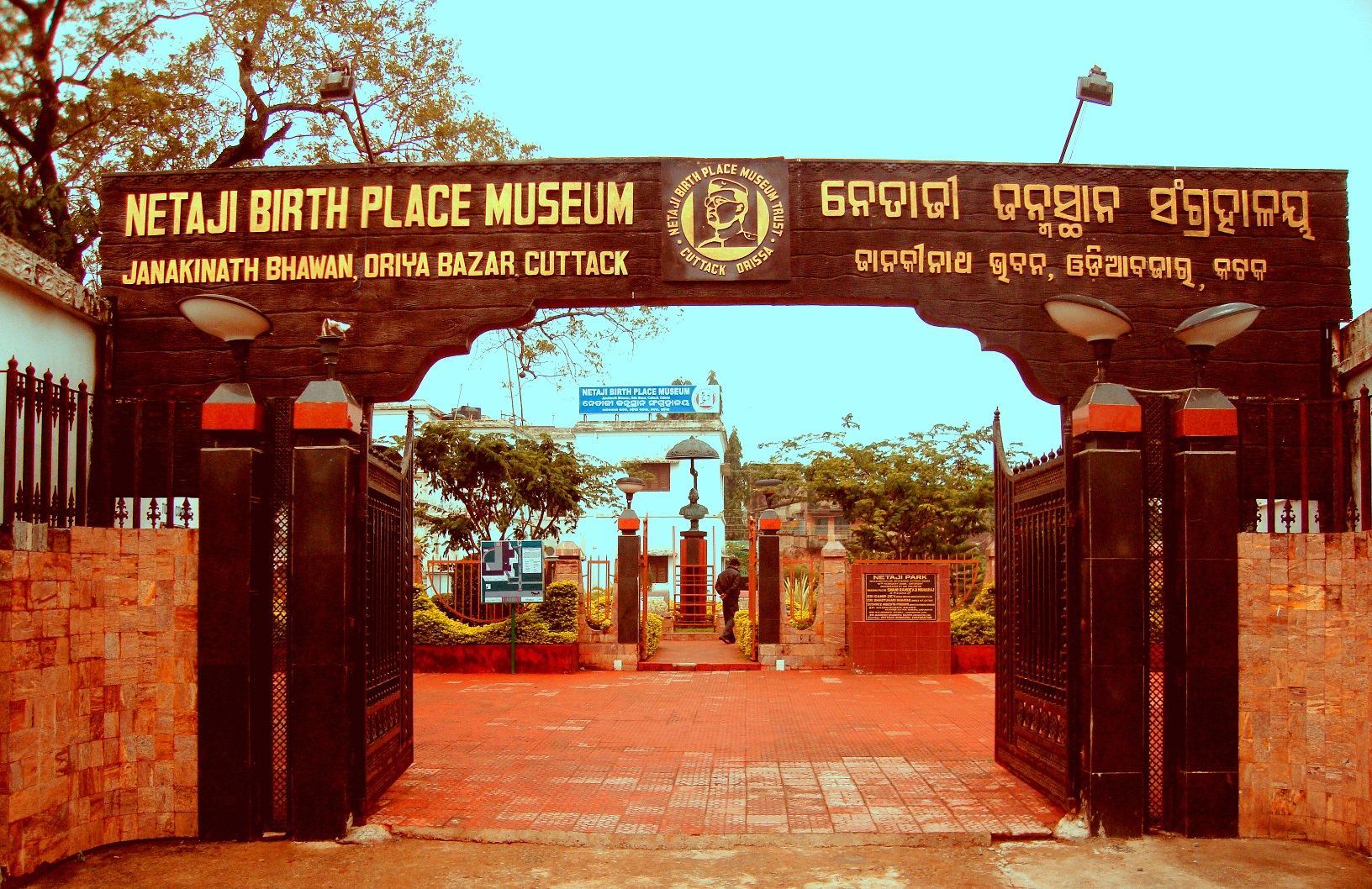Netaji Subhas Chandra Bose was born on January 23, 1897 at Oriya bazaar of Cuttack district Odisha. His father Janaki Nath Bose was a famous lawyer and his mother Prabhavati Devi was a devout and religious lady. Unlike other prominent leaders of the Indian freedom struggle, Subhas strongly believed that an armed rebellion was necessary to wrest independence from the British. Subhas Chandra Bose is popularly known as ‘Netaji’. In the year of 1902, when he was only 5 year old, he got admission in Cuttack Protestant School and then he started his educational career. In the year of 1909 he got admission in Ravenshaw Collegiate School, Cuttack. In 1913, he started his higher secondary educational academic career in Presidency College, Calcutta. On 21st October 1943, Netaji formed the Indian National Army (I.N.A). Netaji Subhas Chandra Bose is remembered for his Salutation and slogan of ‘Jai Hind’. The famous words of Subash Chandra Bose “Give me blood, I will give you freedom” encouraged the freedom fighters. The famous book “The Indian Struggle” was written by him.
Netaji Arrived Tokyo in May 1943, Bose attracted the attention of the Japanese high command, including Hideki Tojo, Japan’s premier. The Japanese agreed to cooperate in founding an Indian National Army (INA) in Southeast Asia. Bose was flown to Singapore and became commander of the INA and head of the Free India provisional government. The INA included both Indian prisoners of war from Singapore and Indian civilians in Southeast Asia. The strength of INA grew to 50, 000 and fought Allied forces in 1944 inside the borders of India at Imphal and in Burma. For Bose any means and any ally were acceptable in the struggle to liberate India. By the end of World War II none of Bose’s Axis allies had helped, and Bose then turned to the Soviet Union. On Aug. 18, 1945, it is believed that Bose was en route to the Soviet Union in a Japanese plane when it crashed in Taiwan, burning him fatally. However, his death it is very controversial and disputed subject in India. Due to the lack of evidence and records of his final days in his life. Bose indirectly and posthumously achieved his goal of Indian independence.

